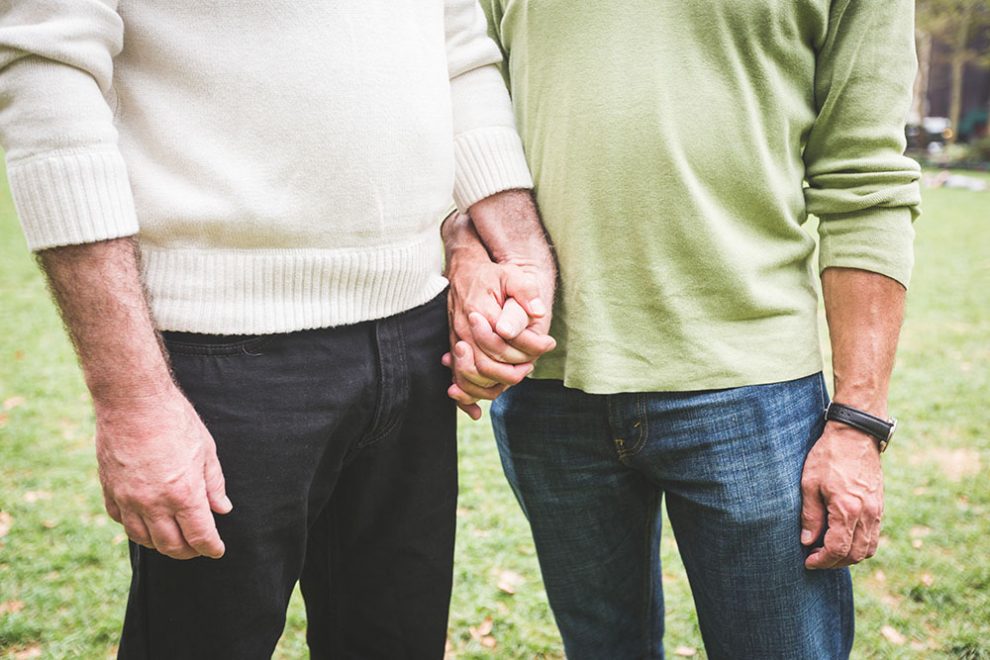Much has been made of the upcoming postal survey on marriage equality and its impact on the mental health and wellbeing of LGBTIQ youth, but have we forgotten in the current debate the impact it’s having on older LGBTIQ Australians?
There is considerable justification for concern among our youth as research has shown that rates of self-harm, suicide attempts and suicidal thoughts amongst the LGBTIQ community are substantially higher than for their heterosexual counterparts, but as outlined in previous work by The National Ageing Research Institute (NARI) and colleagues for beyondblue, many older LGBTIQ Australians have suffered years of oppression, discrimination and violence, as well as persecution and subsequent imprisonment because of past laws and community attitudes.
“The ongoing effects of this historical treatment has meant that many older LGBTIQ Australians experience depression and anxiety and are fearful of accessing health and aged care services due to the belief they will be further stigmatised and discriminated against,” NARI said.
And with good reason. Research has consistently shown that many older LGBTIQ people around the world have been denied care or provided with inferior care, and have had their sexuality ignored, dismissed or marginalised by health and aged care providers.
NARI added, “Failure to access the services and care they need means that older LGBTIQ Australians miss out on vital interventions and suffer adverse health outcomes as a result.”
“Despite the fact that discrimination against LGBTIQ people is no longer lawful in Australia, the ongoing debate about marriage equality and the impending postal vote serve to expose older LGBTIQ people to a resurgence of negative discourse.”
According to NARI, the discourse dredges up past issues of marginalisation and discrimination, placing their mental health and well-being at further risk. As already outlined by Orygen, the National Centre of Excellence in Youth Mental Health, the negative consequences of this marriage equality debate means there is every likelihood that rises in both rates of ill-health and suicide risk will occur as a result. Such discourse also provides a further assault on their right to be who they are and love and marry who they want.
It serves as a constant reminder and reinforcement that older LGBTIQ Australians still do not have equal rights in our society and NARI has called on the Federal Government to ensure there are additional safeguards and programs in place to help and support older Australians identifying as LGBTIQ.





















Add Comment